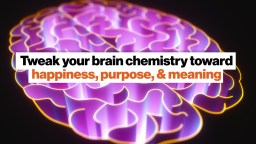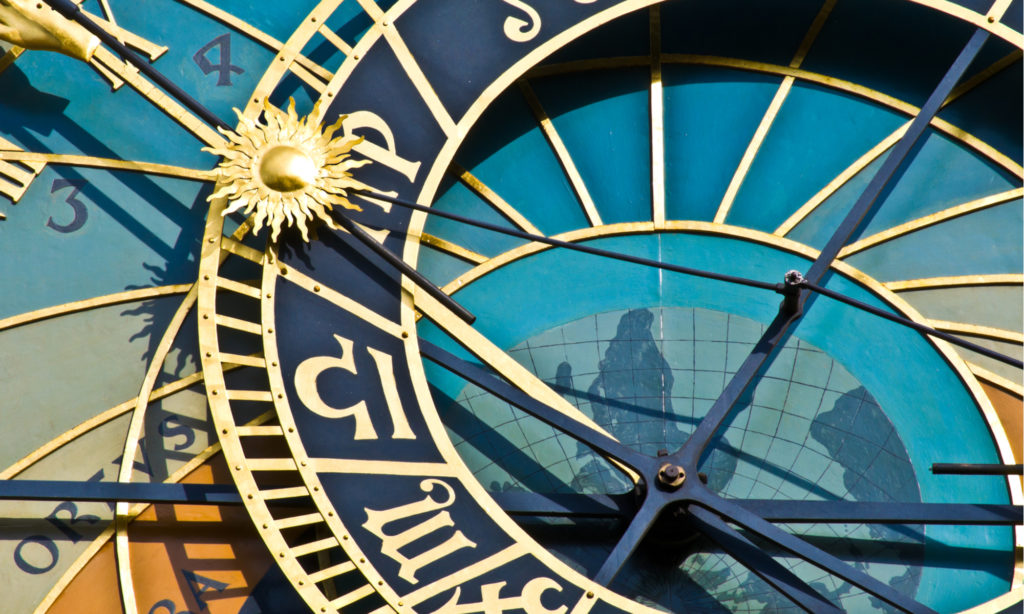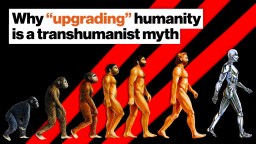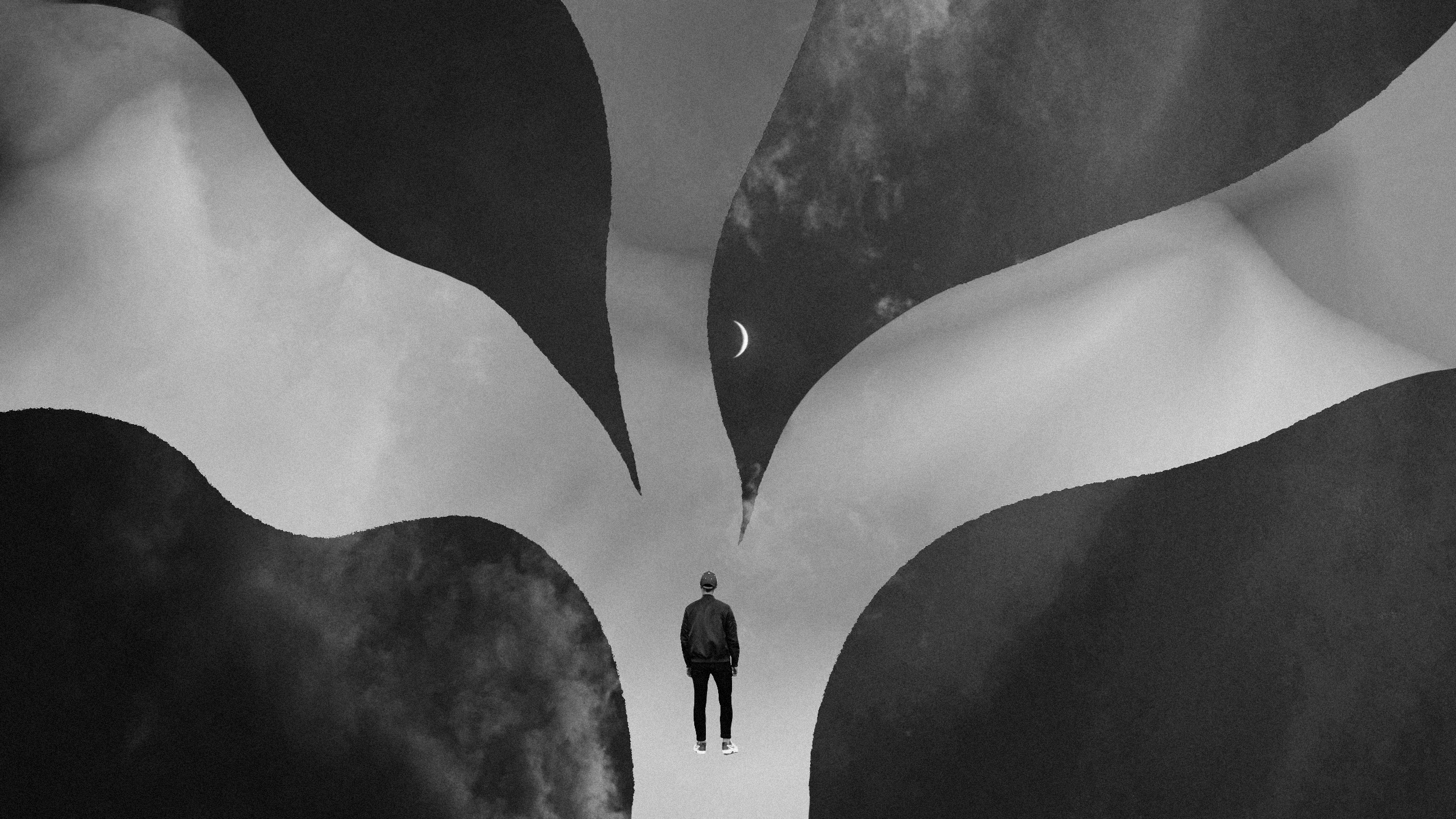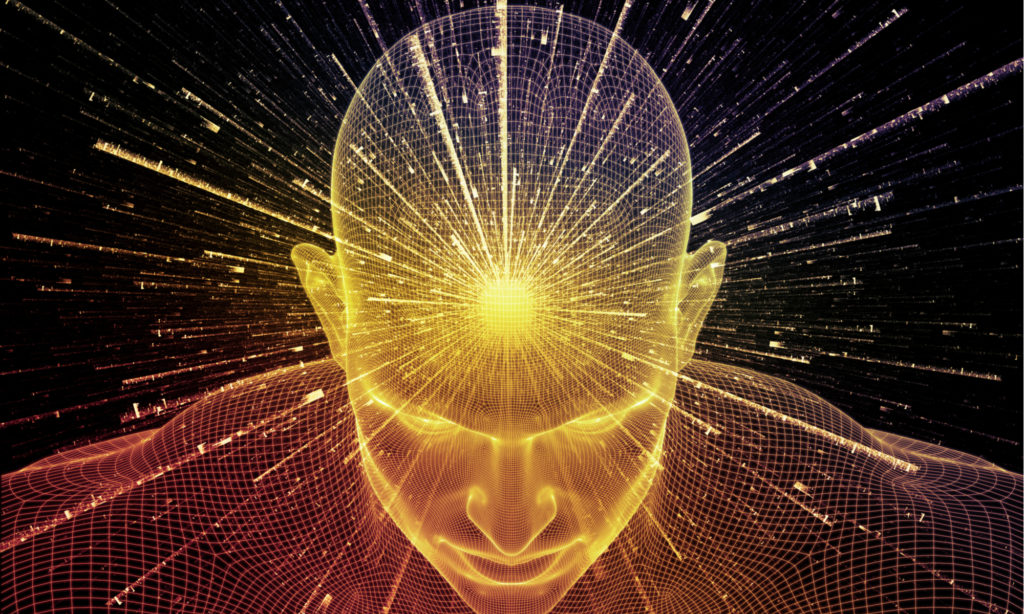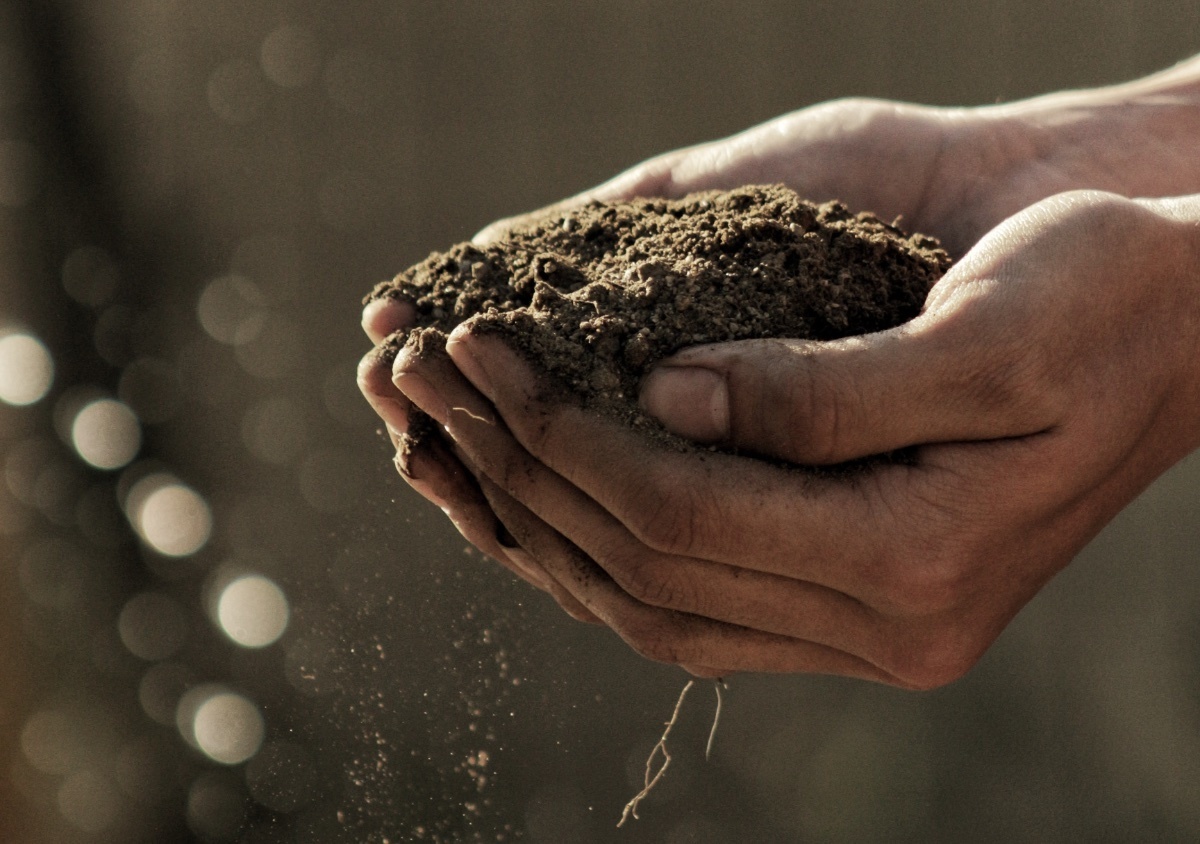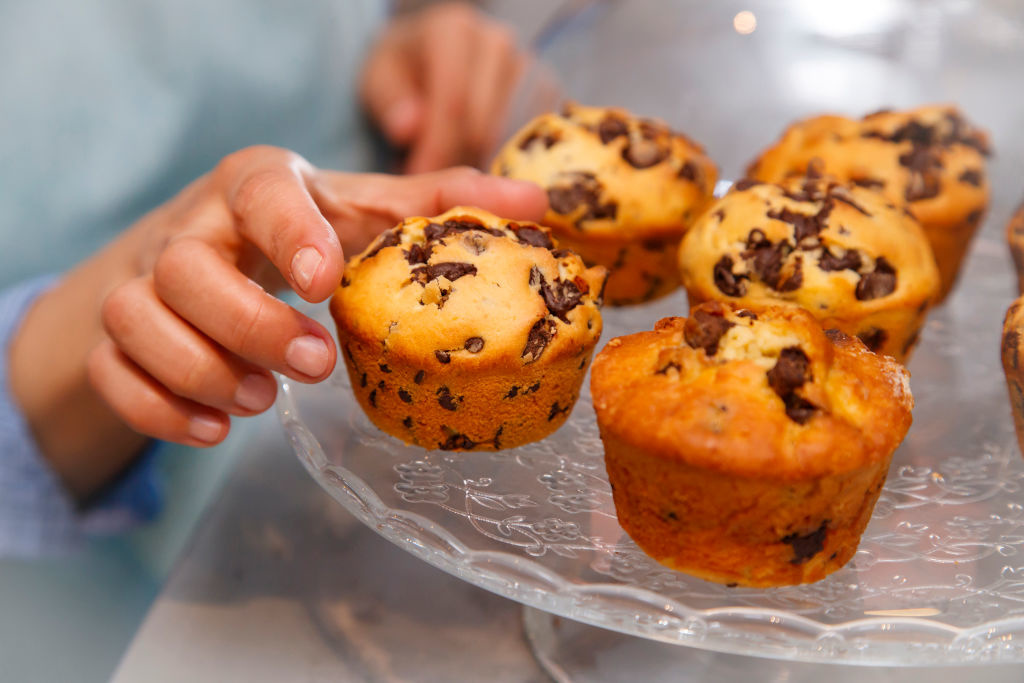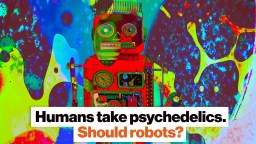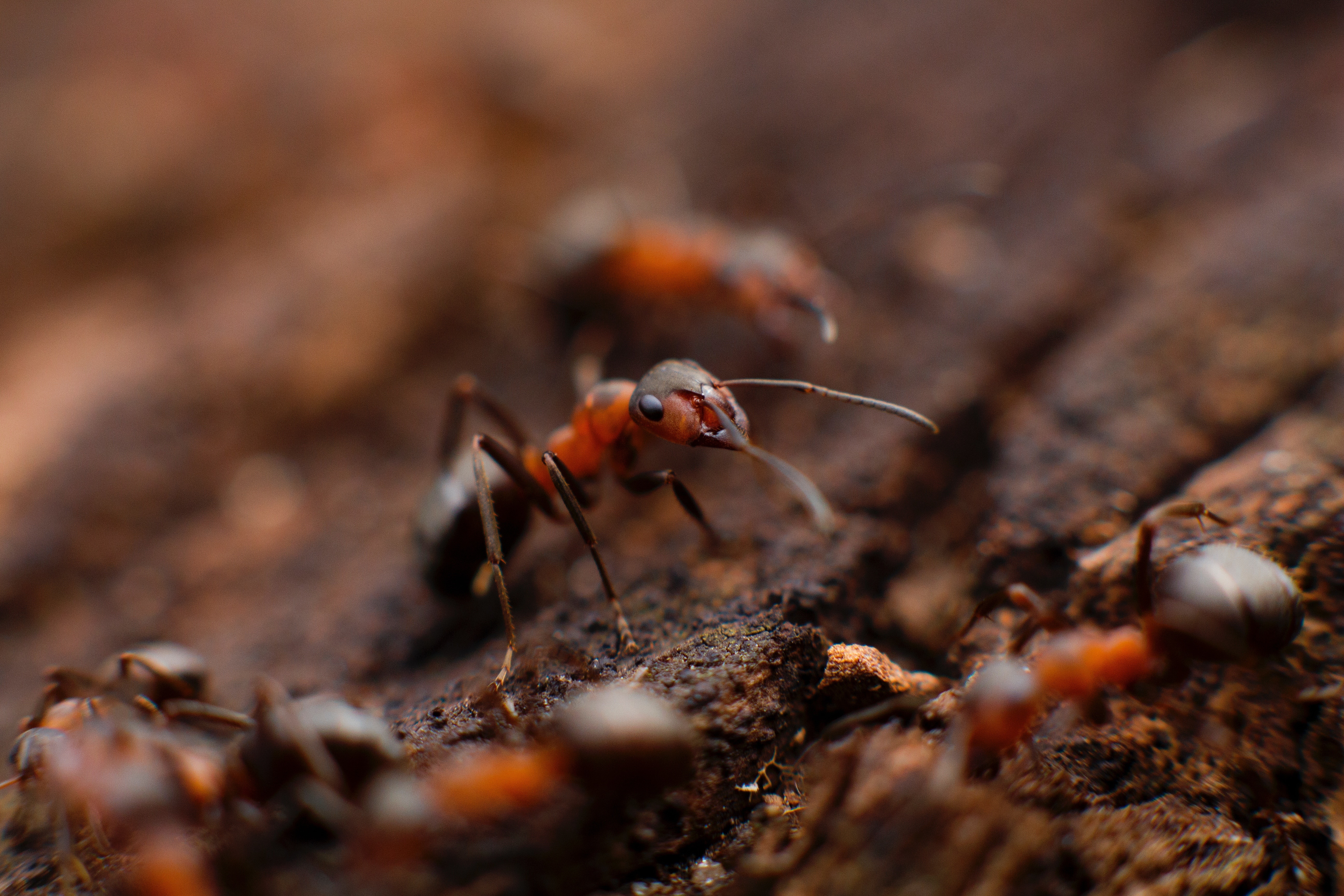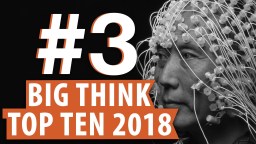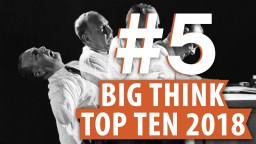neuroscience
A study on the effects of LSD microdosing shows some fittingly strange results.
A new study takes a fresh look at the mechanics of forming habits.
The Canadian professor has an extensive collection posted on his site.
Research by neuroscientists at MIT’s Picower Institute for Learning and Memory helps explain how the brain regulates arousal.
Our attention is more than just a resource. It is an experience.
Upload your mind? Here’s a reality check on the Singularity.
▸
5 min
—
with
Some experts say there’s no such thing. I choose to believe there likely is.
A blank canvas for generations of science.
Digging deeper into the mystery of the brain, soul, and consciousness.
Turns out the more we desire a food, the more we have to consume to feel satiated.
Psychedelics are crude drugs. Could neuroscience and super-intelligent AI help us design something better?
▸
6 min
—
with
Three study participants described their own memories as almost completely lacking a first-person perspective or involving any sense of “re-experiencing.”
The countdown continues! This is the #3 most popular video of 2018.
▸
3 min
—
with
The countdown continues! This is the 5th most popular video of 2018 — for good reason.
▸
6 min
—
with
Studies from neuroscience highlight how the brain both helps with and prevents collaboration.
The relationship between our genotypes and our psychological traits, while substantial, is highly indirect and emergent.
From psychology to neuroscience, what we believe is not nearly as relevant as why we do.
In Well Grounded, behavioral neuroscience professor Kelly Lambert says it’s all about contingency planning.
Childhood trauma can affect a child’s brain in dramatic ways for the rest of their lives.
Over 67,000 trials by the Color Guard can’t be wrong.
New research suggests brains anticipate future events through a process called anticipatory timing.

